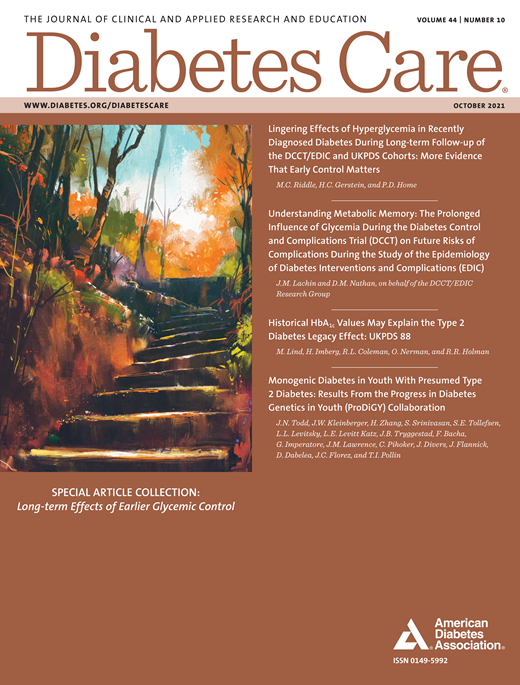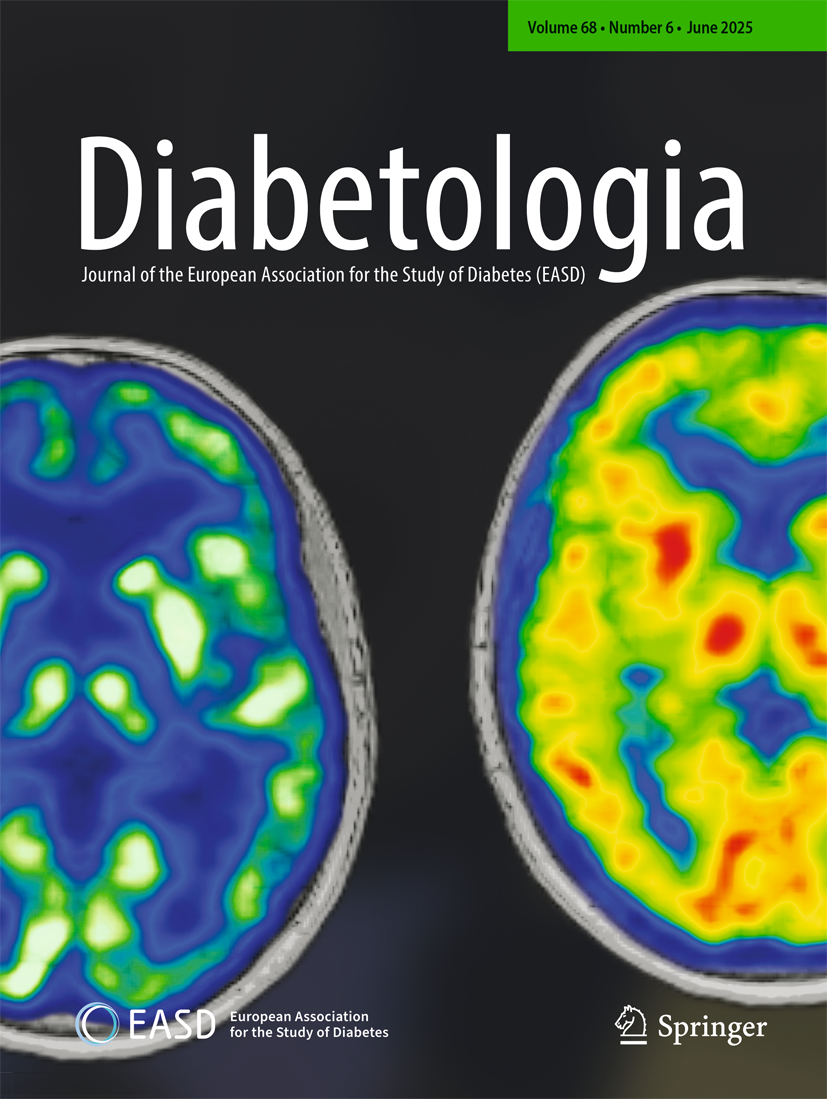Oldvatr
Expert
- Messages
- 8,453
- Type of diabetes
- Type 2
- Treatment type
- Tablets (oral)
I said only yesterday that I thought the NHS was about to redefine the term Remission as applied to Type 2 diabetes, in line with what Roy Taylor has suggested. Guess what?

 www.diabetes.org.uk
www.diabetes.org.uk

Experts agree global definition for type 2 diabetes remission
The ground-breaking findings from the Diabetes UK-funded DiRECT trial, which tested a low calorie, weight management programme in primary care, showed us that it’s possible for some people with type 2 diabetes to go into remission.


